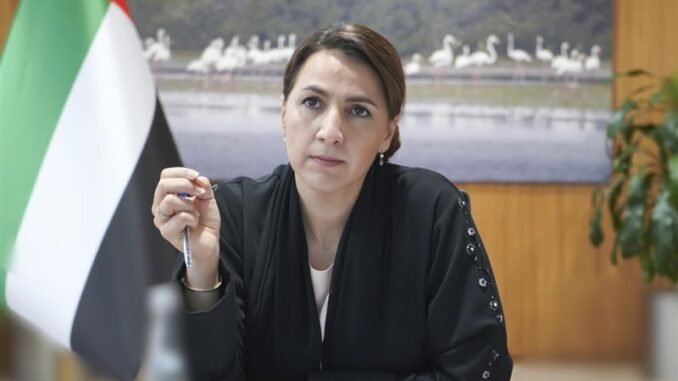
Chinese scientists successfully grow rice in Dubai desert.
Rice is a food staple of the United Arab Emirates (UAE) yet the country is almost wholly reliant on food imports and food security is a national priority.
In 2018, the UAE launched its National Food Security Strategy to increase
production by 30-40% in 10 years. The UAE’s plan is for half the food consumed in the Emirates to be produced locally by 2051, compared to 20% in 2022.
Chinese scientists several years ago successfully grew and harvested rice in the deserts of Dubai.
The 2018 team was from China’s Qingdao Saline-Alkali Tolerant Rice Research and Development Center, based in Shandong Province, and was headed by China’s renowned ‘father of hybrid rice’, the late Yuan Longping.
Preliminary results in 2019 for the first project of its kind in the region, indicated a yield of 763kg of rice per 1,000 square metres.
Invited by the Private Office of Sheikh Saeed Bin Ahmed Al Maktoum, a billionaire member of Dubai’s ruling family, the team grew dozens of varieties of rice in sand and diluted seawater on the outskirts Dubai.
The results of the 2018-2019 trials prompted the UAE’s Ministry of Climate Change and Environment to conclude that, if successful on a large scale, the project had the potential to shape the future of agriculture in the UAE and could be replicated in other arid regions.
In the 2018 trial Agricultural experts from China, India, Egypt and the UAE conducted production tests of these rice varieties. One of the samples grown in Dubai yielded over 500 kg per mu, with the others producing more than 400 kg per mu.
The then 87-year-old Yuan Longping told Xinhua that the test results far exceeded his expectations.
The team planned to set up a one square kilometre experimental farm later in the year, before putting it into regular use the next year and then expanding the concept in 2020.
Their goal was to cover around 10 percent of the UAE’s desert land, which has a total area of 83,600 square kilometres, with paddy fields.
China and Dubai also signed an agreement to promote seawater rice across the Arab world, in order to reduce the risk of food shortages in the future.
China is the world’s largest producer and consumer of rice, which is traditionally grown in soil and freshwater. With more than 665,000 square kilometres of highly saline land, the country has been working to develop strains of salt-resistant rice for the past four decades.
Cover photo: Mariam bint Mohammed Almheiri, has held key positions in the UAE government. She is currently Minister of Climate Change and Environment, and was formerly Minister of State for Food Security, and Assistant Undersecretary for Water Resources and Nature Conservation Affairs.
Source: AgNews, June 6, 2018. https://news.agropages.com/News/NewsDetail—26524.htm